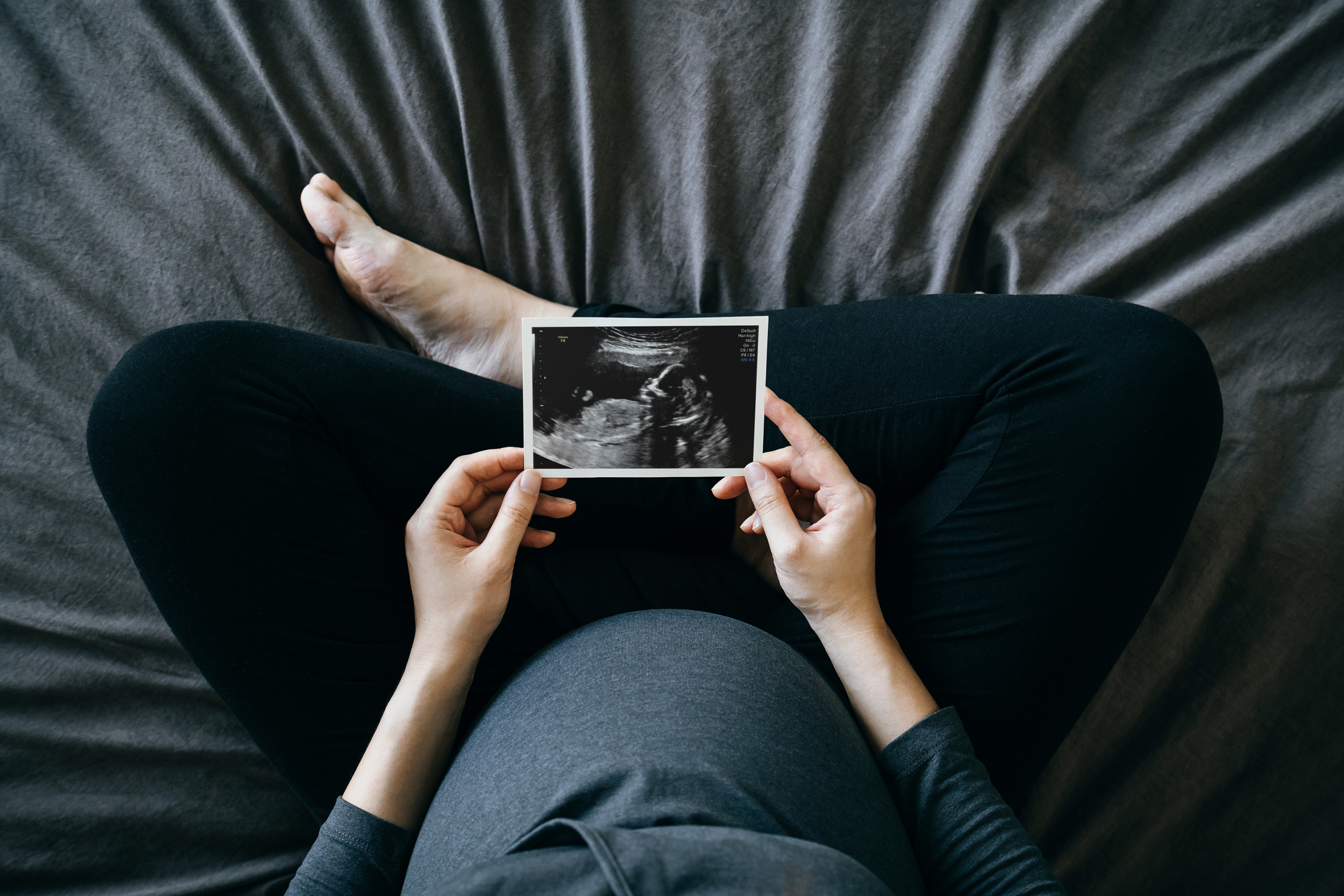US births did not return to pre-pandemic levels in 2022


A free daily email with the biggest news stories of the day – and the best features from TheWeek.com
You are now subscribed
Your newsletter sign-up was successful
There were fewer babies born in the U.S. in 2022 than before the Covid-19 pandemic, according to provisional data from the Centers for Disease Control and Prevention.
The birth rate stayed essentially stagnant between 2021 and 2022, dropping less than 1%. "It's essentially unchanged. It's a very small difference, relatively speaking, compared to the total number of births, which are in the millions," Brady Hamilton, a statistician demographer at the CDC's National Center for Health Statistics, told CBS News.
In 2021, the birth rate appeared to rebound from the pandemic; now, however, that rebound seems to have been short-lived. It was also the first year to see an annual increase in the birth rate since 2014.
The Week
Escape your echo chamber. Get the facts behind the news, plus analysis from multiple perspectives.

Sign up for The Week's Free Newsletters
From our morning news briefing to a weekly Good News Newsletter, get the best of The Week delivered directly to your inbox.
From our morning news briefing to a weekly Good News Newsletter, get the best of The Week delivered directly to your inbox.
Experts are now unsure whether birth rates will return to pre-pandemic levels anytime soon. "A birth rate below the replacement rate signals some major demographic changes on the horizon," Forbes wrote. The U.S. is not hitting the minimum birth rate, 2.1 children per woman, to replace the current population, which may lead to "an aging population and an economy that one day may struggle to find enough workers to fill key jobs and pay taxes," Forbes continued.
On the bright side, teenage births decreased to their lowest level in history in 2022, dropping 3% from 2021. "I'm excited the U.S. has made significant progress in reducing pregnancies among youth," Dr. Vincent Guilamo-Ramos, dean of the Duke University School of Nursing, told ABC News. Much of the change was attributed to wider knowledge of long-lasting birth control, like the IUD. The teenage birth rate has been on the decline since 1991.
"The all-time low should be an indication that we're continuing to move in the right direction," remarked Guilamo-Ramos.
A free daily email with the biggest news stories of the day – and the best features from TheWeek.com
Devika Rao has worked as a staff writer at The Week since 2022, covering science, the environment, climate and business. She previously worked as a policy associate for a nonprofit organization advocating for environmental action from a business perspective.
-
 The ‘ravenous’ demand for Cornish minerals
The ‘ravenous’ demand for Cornish mineralsUnder the Radar Growing need for critical minerals to power tech has intensified ‘appetite’ for lithium, which could be a ‘huge boon’ for local economy
-
 Why are election experts taking Trump’s midterm threats seriously?
Why are election experts taking Trump’s midterm threats seriously?IN THE SPOTLIGHT As the president muses about polling place deployments and a centralized electoral system aimed at one-party control, lawmakers are taking this administration at its word
-
 ‘Restaurateurs have become millionaires’
‘Restaurateurs have become millionaires’Instant Opinion Opinion, comment and editorials of the day
-
 Scientists are worried about amoebas
Scientists are worried about amoebasUnder the radar Small and very mighty
-
 Metal-based compounds may be the future of antibiotics
Metal-based compounds may be the future of antibioticsUnder the radar Robots can help develop them
-
 A Nipah virus outbreak in India has brought back Covid-era surveillance
A Nipah virus outbreak in India has brought back Covid-era surveillanceUnder the radar The disease can spread through animals and humans
-
 Trump HHS slashes advised child vaccinations
Trump HHS slashes advised child vaccinationsSpeed Read In a widely condemned move, the CDC will now recommend that children get vaccinated against 11 communicable diseases, not 17
-
 Deaths of children under 5 have gone up for the first time this century
Deaths of children under 5 have gone up for the first time this centuryUnder the radar Poor funding is the culprit
-
 A fentanyl vaccine may be on the horizon
A fentanyl vaccine may be on the horizonUnder the radar Taking a serious jab at the opioid epidemic
-
 Health: Will Kennedy dismantle U.S. immunization policy?
Health: Will Kennedy dismantle U.S. immunization policy?Feature ‘America’s vaccine playbook is being rewritten by people who don’t believe in them’
-
 Stopping GLP-1s raises complicated questions for pregnancy
Stopping GLP-1s raises complicated questions for pregnancyThe Explainer Stopping the medication could be risky during pregnancy, but there is more to the story to be uncovered
